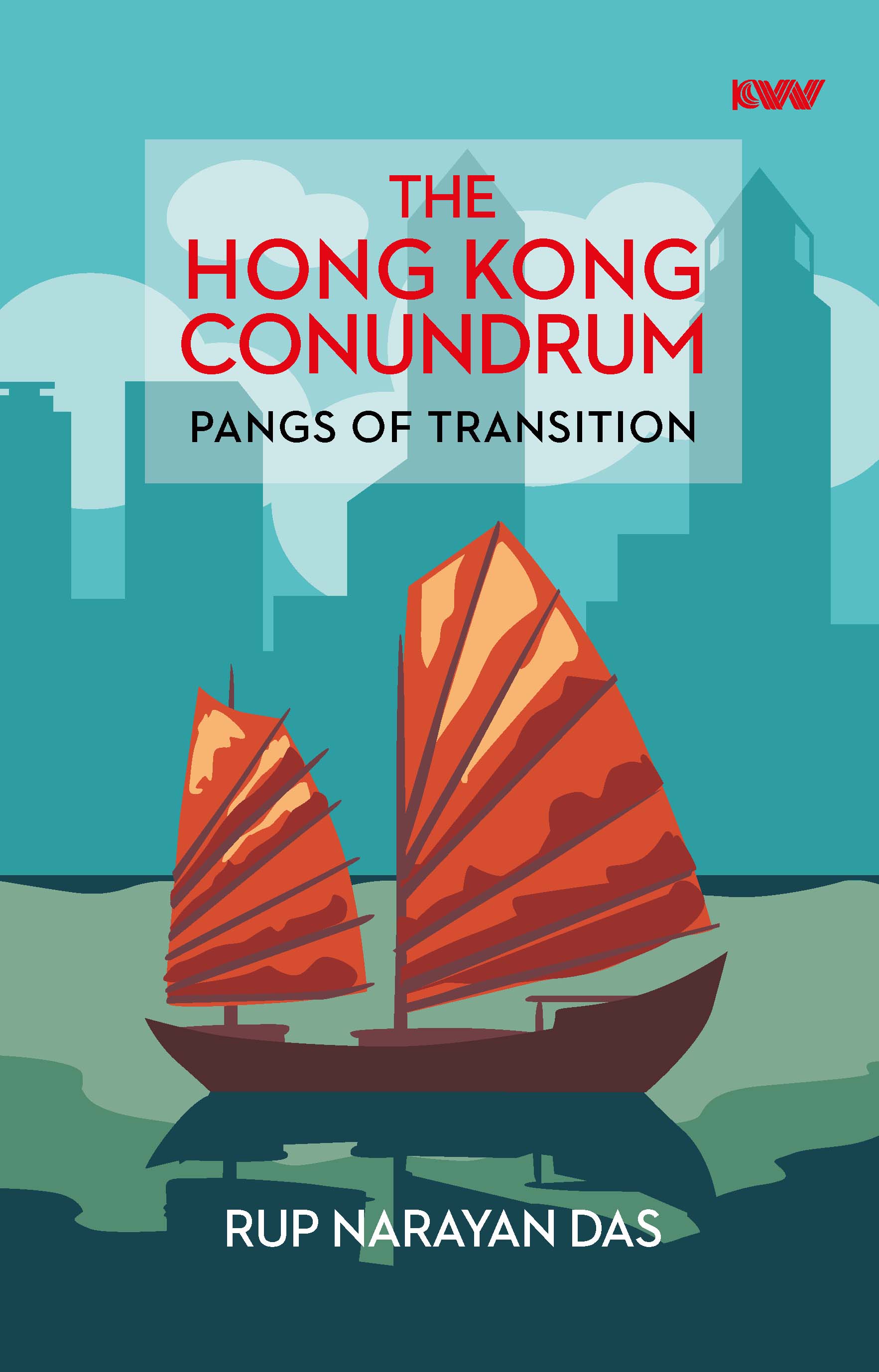Subjects
THE HONG KONG CONUNDRUM : Pangs of Transition
Rup Narayan Das
“The Hong Kong Conundrum: Pangs of Transition by Rup Narayan Das is a timely and important addition to the debate over the future of Hong Kong. That debate has been entangled in an impassioned and at times bitter dispute over Beijing’s crackdown on the city’s pro-democracy movement, which erupted in prolonged and violent protests in 2019. China’s subsequent imposition of a National Security Law on Hong Kong that effectively limits challenges to the central government’s authority has stymied public discussion and led to the arrests of numerous pro-democracy advocates. Rather than weigh directly into this broader controversy, Das has produced a clear, comprehensive, and balanced history of Hong Kong that provides rich context for discussions about the city and its relationship to Beijing. It is precisely what is needed at a time like this because it puts the city’s contemporary history into context. If one is looking for a single volume to illuminate the issues behind the headlines, this is it.”
– David Plott, Managing Editor, Global Asia
“This is a carefully-researched, extremely topical and deftly argued account of the evolution of Hong Kong from the British colonial era to the present day. Dr. Das’s treatment of the subject is thorough, dispassionate and comprehensive. Scholars, journalists and analysts interested in the subject will find this volume to be of considerable interest and use.”
– Professor Sumit Ganguly, Distinguished Professor of Political Science and Tagore Chair in Indian Cultures and Civilizations, Indiana University, Bloomington.
Book
The peaceful surrender of Hong Kong to China on the midnight of 30 June 1997 after almost one hundred and fifty-six years of colonial rule was a unique in the annals of history. Rarely before had one power surrendered a rich prize to another. The credit for finding a solution to the peaceful reunification of Hong Kong, a capital enclave, with mainland China, a socialist country, through the formula of ‘one country, two systems’ goes to Deng Xiaoping, China’s most pragmatic leader. Deng, however, breathed his last before Hong Kong’s merger with the mainland. The book attempts to encapsulate the history of Hong Kong ever since the territory was acquired by Great Britain through what the Chinese call ‘the unequal treaties’, the evolution of the colonial administration in Hong Kong, its emergence as a commercial centre and financial hub, the protracted Sino-British negotiation leading to the signing of the Joint Declaration and the Basic Law, the democracy debate in Hong Kong, the ethnic Indians in Hong Kong and the pangs of transition.


 Political Science
Political Science
